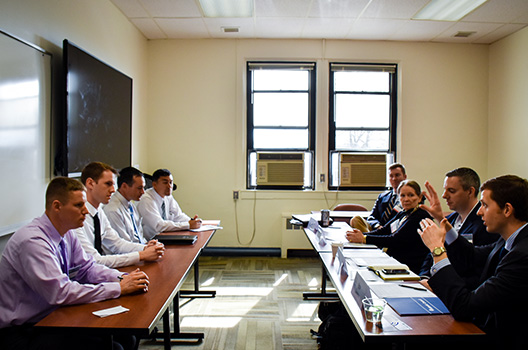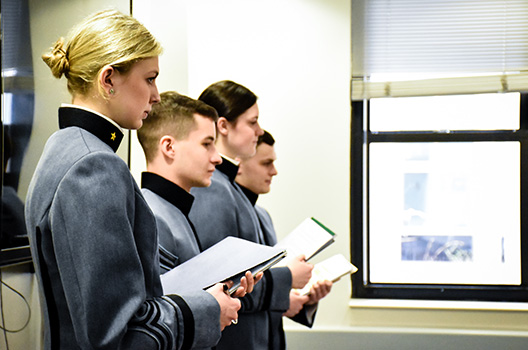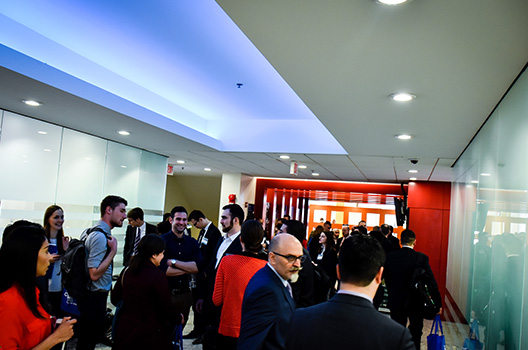
40 Teams, 25 Universities, 14 States… 1 Cyber Policy Competition:
An Overview of the Fourth Annual Cyber 9/12 Student Challenge (Part 1)
The Atlantic Council’s Cyber Statecraft Initiative held its fourth annual Cyber 9/12 Student Challenge on March 11 and 12, 2016. Forty teams from 25 universities participated, along with high-level judges and speakers. American University’s School of International Service hosted the event in Washington, DC. Leidos, FireEye, Symantec, Baker & McKenzie, AU’s School of International Service, and the Military Cyber Professionals Association provided support and funding. This year’s competition continued a strong tradition, while also setting new records.

Who Attended? And from Where?
The number and variety of teams highlighted the competition’s explosive growth and increasing popularity. Twice as many teams as last year participated in the qualifying round. Students ranged from undergraduates to graduates to mid-career professionals. Small liberal arts colleges as well as military academies sent students. Those studying International Relations joined up with those studying Biology. And several teams from the Midwest and the west coast participated as well.

Current and former government officials worked alongside private sector executives, white hat hackers, and journalists to judge the students. Reflecting on this diversity, Jason Healey, the competition’s founder, was particularly struck by the final round teams. “We had two teams with mid-career government professionals and two with undergraduates,” he said. “This goes to show that folks in their thirties and forties, all the way down to 21-year-olds, can make it to the final round—anyone can win.”

Image: Team Hopkins, from Johns Hopkins University’s Information Security Institute, answers questions from a panel of judges after presenting policy responses to a simulated cyberattack.
